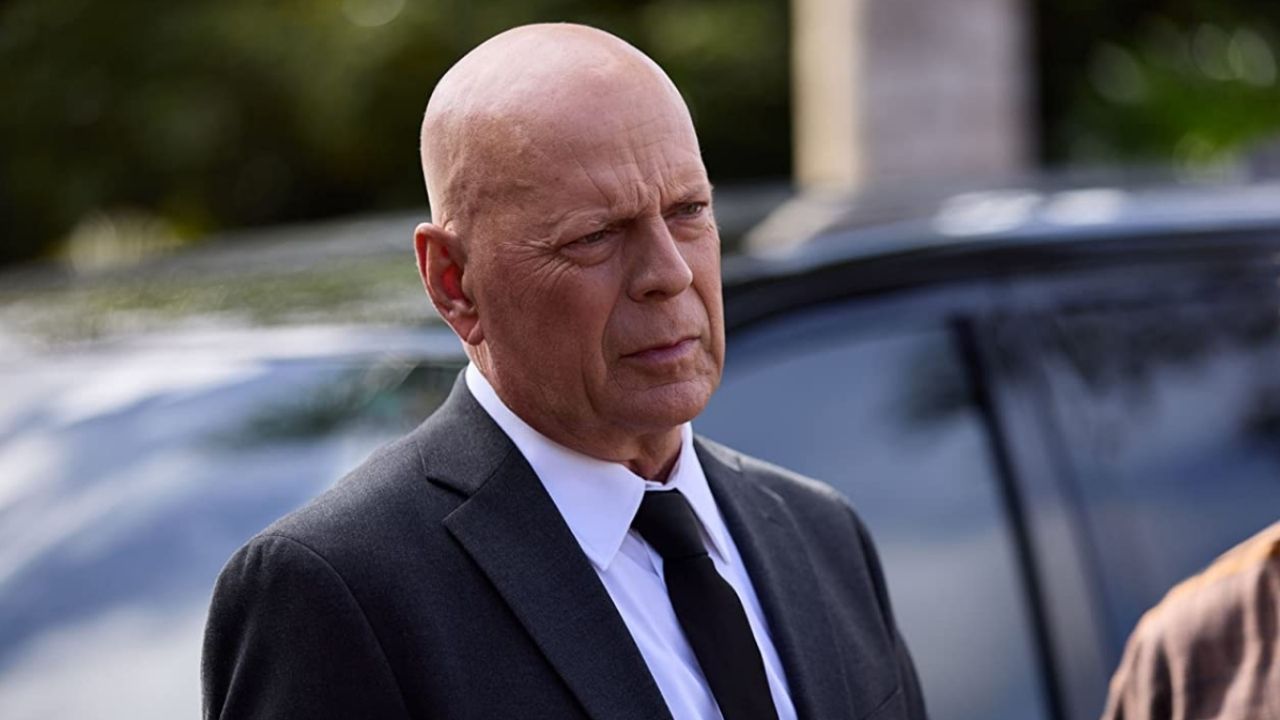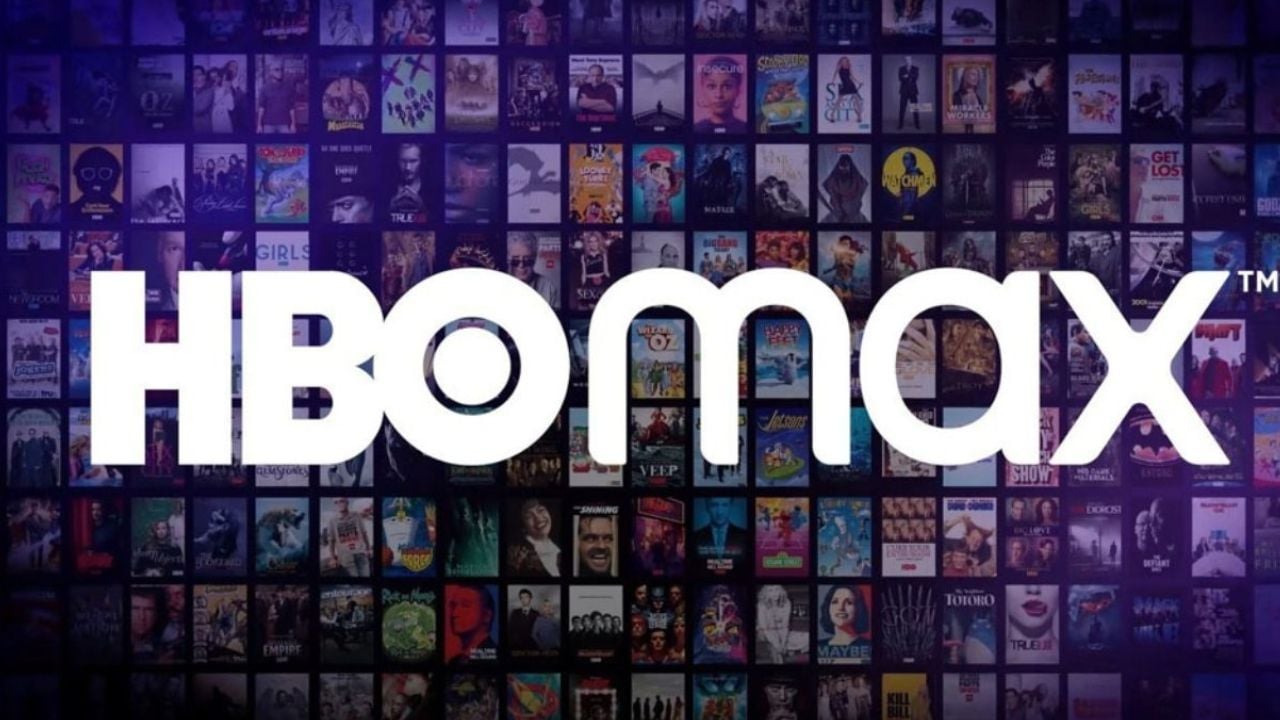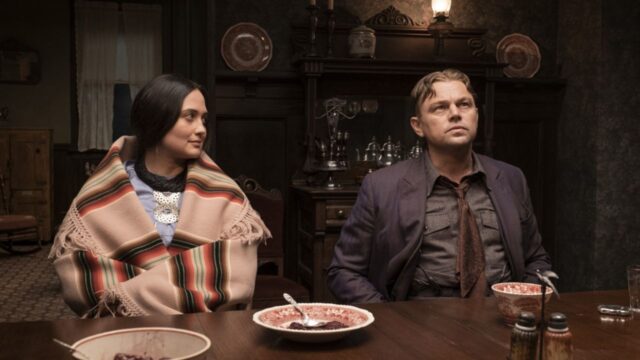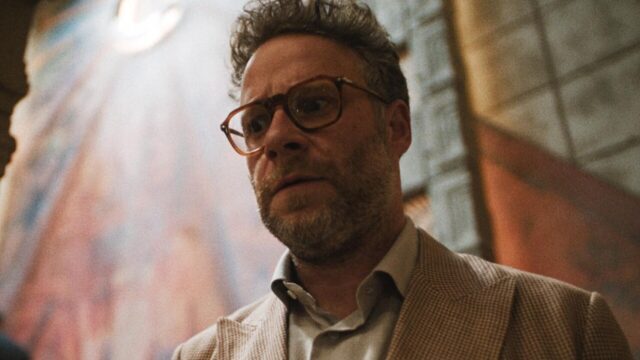Deepfakes can bring back actors from the dead, reimagine them in their youth or even age them up. But will this pose a threat to authentic cinema?
Now, don’t get me wrong—the technology does have the power to complement films in their storytelling. While The Mandalorian’s Mark Hamill deepfake wasn’t exactly perfect, it proved two things.
One, for films that have continuity requirements, such deepfake inclusions do make for some great moments. Two, studios are constantly trying to improve and bank on skilled individuals to take cinematic deepfakes forward, as seen in the case of Lucasfilm hiring YouTuber Shamook.
But deepfakes are expensive, time-consuming, and their preciseness is subject to available data. After all, the name is a combination of “deep learning” and “fake.” The AI can replicate faces better only when it is fed an abundance of images and videos of a given person.
As with Netflix’s The Irishman, it is also a matter of mode of filming. Director Martin Scorsese and Robert De Niro chose not to use motion tracking so that the actors could focus on well, acting, rather than feeling constrained and out of place with all the gear. But this decision increased the deepfake’s labor requirement and expense.
While The Irishman more than made up for these added costs with its box office reception, it isn’t really guaranteed that the efforts put into deepfaked movies will reap equivalent benefits.
Not all deepfaked movies are produced by creative geniuses like Scorsese coupled with A-list actors. Plus, oh how fans like to nitpick about the quality of these deepfakes (re: The Mandalorian example above).
So, where else will deepfakes prosper? Recently, Bruce Willis lent his likeness to being deepfaked in a Russian commercial without even acting for it, starting a debate on how many celebrities will do the same.
Depending entirely on deepfake may work for small projects like commercials or even work around restraints brought in by the pandemic. But in the long run? No.
This discourse reminds me of director Denis Villeneuve lamenting how HBO simultaneous releases were ruining cinema.
It is unlikely that directors with such high standards for the silver screen or even those who consider themselves true connoisseurs of cinema would so easily accept deepfakes to completely replace talent.
Who is going to pay/watch a whole movie only starring a stunt double with Sandra Bullock’s face stuck on them?
While I’m sure there will be productions that test out the above, I doubt a generation that is crazy about organic products and will wait hours in line for a bonafide pair of sneakers will buy into deepfakes running cinema.
Deepfakes sure are more than useful to films. But their power to replace real cinema is a no-brainer.









No Comments on Will Deepfakes Be the End of Real Cinema?